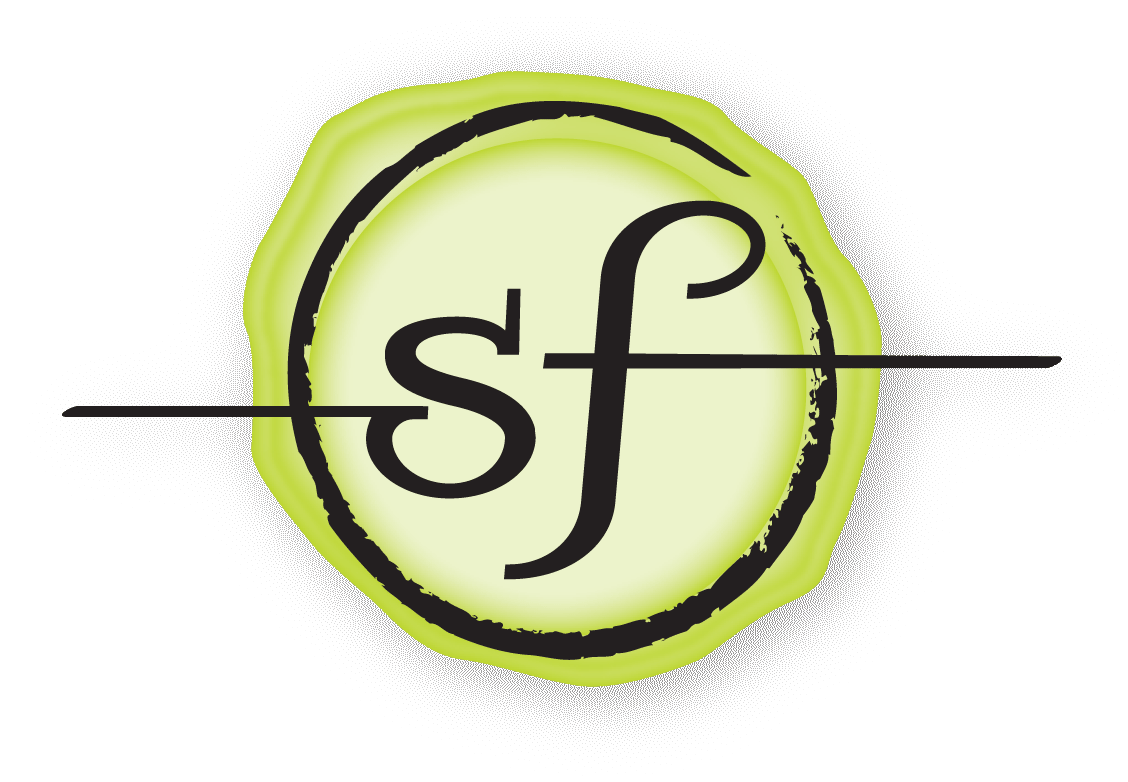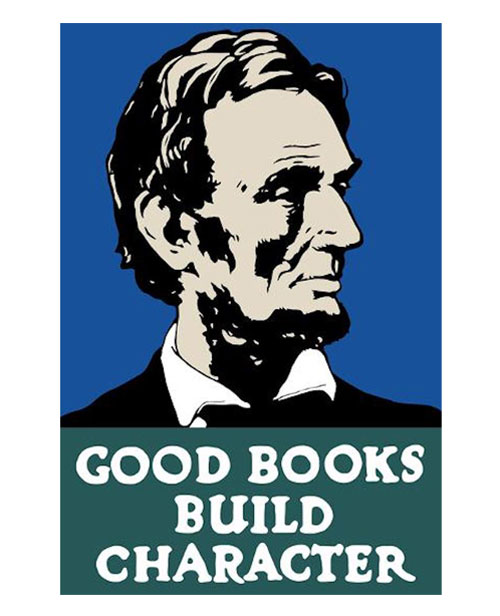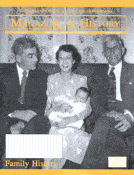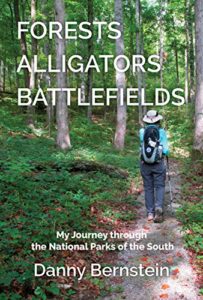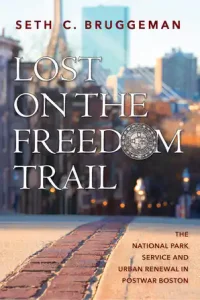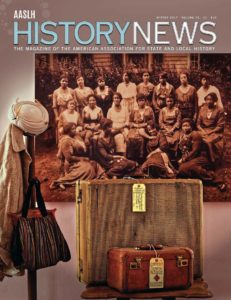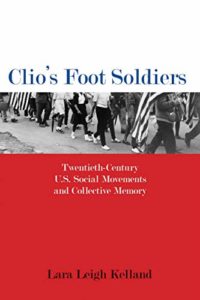Services
Editing
Good ideas deserve to be widely read. I can help with that by offering editorial suggestions on argument structure and clarity, a process known as developmental editing. Further along in the writing process, I am available to give your manuscript a read-through before final revisions, flagging anything that is unclear or awkwardly phrased. And at the publication stage, I offer copyediting services, checking for typographical and grammatical errors and ensuring stylistic consistency.
Developmental Editing
Having trouble clarifying your argument? Not sure you’re making your points in the most effective manner? Developmental editing assists with honing your writing, so that your content is clear and on center stage.
Here are examples of developmental editing I have done
OAH Magazine of History
For four years, I served as associate editor of the OAH Magazine of History, a quarterly periodical for precollegiate history teachers. In that capacity, I worked with authors to ensure that their writing was clear and accessible for busy professionals. In this position, I also performed copyediting and layout.
"Mythmaking and Difficult Histories: The Legacy of Scotsman George Donaldson at Indiana’s Spring Mill State Park," by Rebecca Shrum
With this article, I worked with Rebecca to tease out the various threads of this story and to emphasize the ones she determined to be the most salient. She later tweeted, “A gift of writing/editing: when an editor (@historysue) asks a question in the margins and I see a piece of evidence that has been floating out there–for actual years–looking for a home, suddenly click into place. So damn satisfying.”
Read-throughs
Sometimes you just want a second (or a third, or a fourth) set of eyes on your writing before you submit it to a journal or a publisher. I have done read-throughs of work in my fields of specialty (museums, public history, history of women and gender) to provide a peer critique, and I have also done read-throughs of work in topics outside my expertise, with the goal of making a piece accessible to a wider audience.
Here are examples of read-through work I have done
"“Play All Night!” Duane Allman and the Journey to Fillmore East," by Bob Beatty (Forthcoming, University Press of Florida)
Bob is the Allman Brothers’ biggest fan (as well as being an academically trained historian) and didn’t have a solid sense of what his intended reader would and would not know about the band. I read through his book manuscript to identify statements and music industry terms that required additional explanation for the general reader.
"Forests, Alligators, Battlefields: My Journey through the National Parks of the South," by Danny Bernstein (Kimberly Crest Books)
In this project, Danny wanted to make sure she didn’t have any erroneous errors when recounting the history interpreted by the national park units of the South or when describing the ways the National Park Service operates. My read-through provided another set of expertise to review her manscript.
Copyediting
Copyediting usually happens in the final stages of writing, once all revisions are completed. Copyediting catches typographical and grammatical errors and ensures that text and citations are presented in a consistent style. I have worked with authors, periodicals, and publishers as a copyeditor, and am well-versed in the University of Chicago Style Manual, the preferred style in the field of history.
Here are examples of copyediting I have done
"Lost on the Freedom Trail: The National Park Service and Urban Renewal in Postwar Boston," by Seth C. Bruggeman (University of Massachusetts Press)
I copyedited Lost on the Freedom Trail once it had been submitted to the publisher, before layout.
History News, a publication of the American Association of State and Local History
For four years, I served as the copyeditor for History News, a quarterly publication for professionals working in history museums and historical organizations.
"Clio's Foot Soldiers: Twentieth-Century U.S. Social Movements and Collective Memory," by Lara Leigh Kelland (University of Massachusetts Press)
University of Massachusetts Press hired me to copyedit Lara’s book, Clio’s Foot Soldiers: Twentieth-Century U.S. Social Movements and Collective Memory. Afterward, she hired me to create the index as well.
